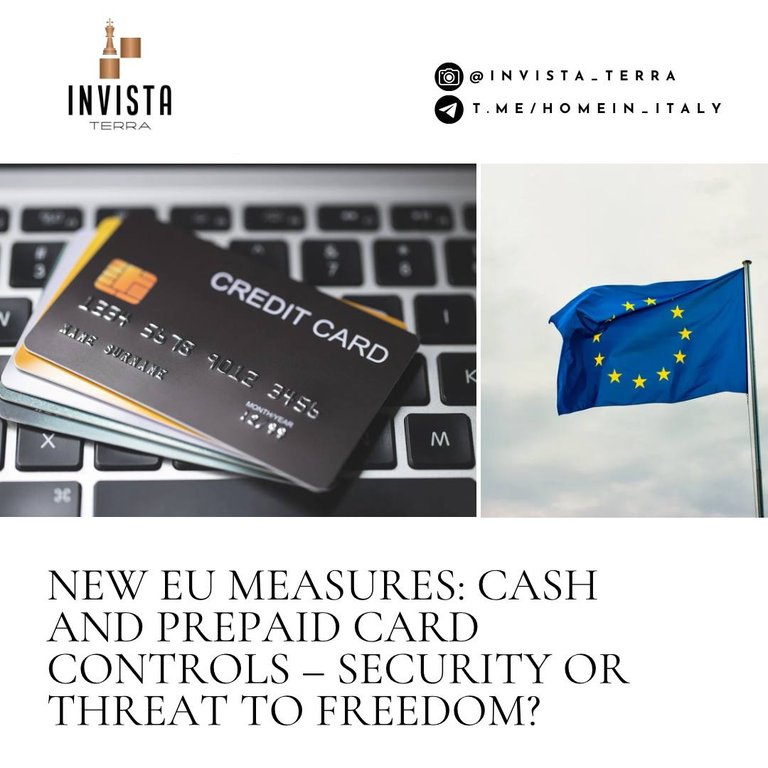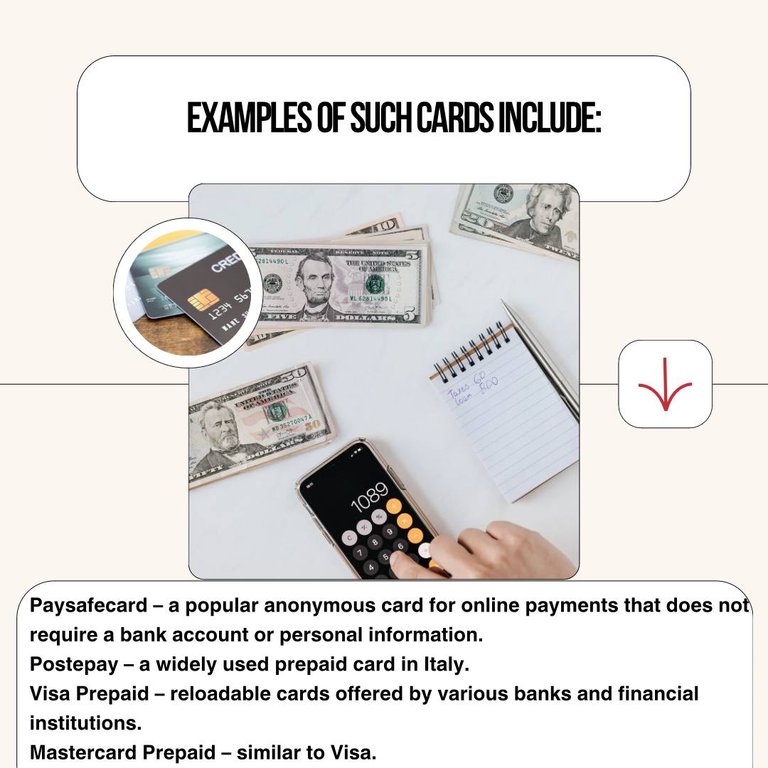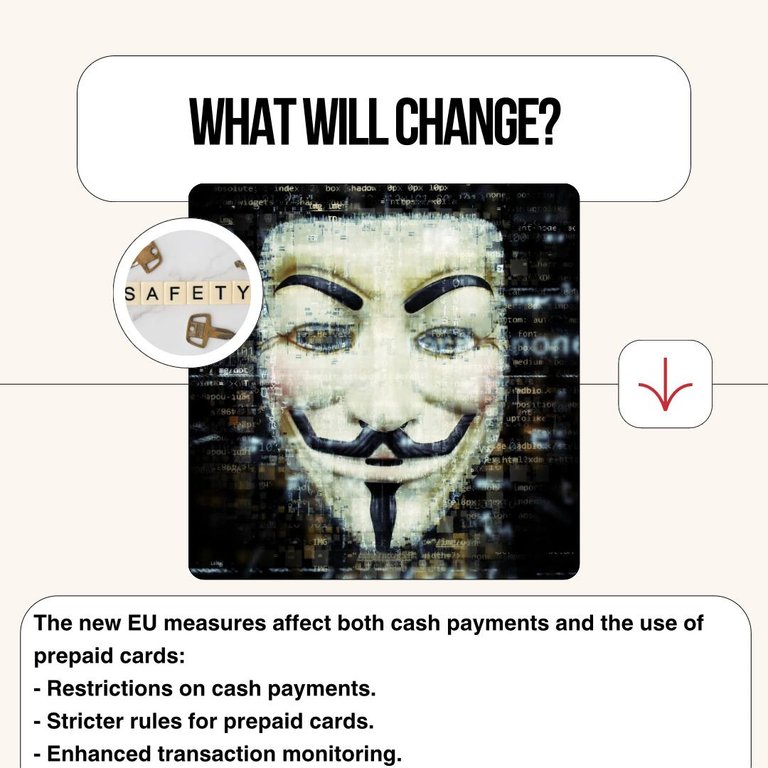
New EU Measures: Cash and Prepaid Card Controls – Security or a Threat to Freedom?
Starting September 4, 2024, Italy introduced new rules for anyone crossing EU borders with amounts exceeding €10,000, including anonymous prepaid cards. Prepaid cards are a convenient and popular tool among travelers and students. However, the anonymity of these cards makes them attractive to criminals. These new rules aim to strengthen control over cash and prepaid cards to combat money laundering, terrorism financing, and other illegal activities. But the question remains: is this a step towards security or an infringement on personal freedoms?

Examples of such cards include:
Paysafecard – A popular anonymous card for online payments that doesn’t require a bank account or personal information.
Postepay – A widely used prepaid card in Italy offered by the Italian postal service, convenient for shopping and money transfers.
Visa Prepaid – Reloadable cards offered by various banks and financial institutions, usable for purchasing goods and services.
Mastercard Prepaid – Similar to Visa Prepaid cards, available in many countries, with options for reloading and conducting transactions.
Now, stricter identity verification will be required for using prepaid debit cards for large transactions, effectively reducing their anonymity.

🔍 What’s changing?
The new EU measures affect both cash payments and the use of prepaid cards:
Limits on cash payments. In some EU member states, cash payment limits are being set (e.g., no more than €5,000).
Stricter rules for prepaid cards. Anonymous use of such cards will become more difficult, and additional identification may be required.
Enhanced transaction monitoring. Banks and financial institutions will be obligated to report suspicious activities more actively, even for smaller amounts.
🛡️ For Security
Supporters of these measures believe they will create a more transparent and secure financial system. Key arguments include:
Reducing tax evasion.
Preventing the financing of criminal organizations.
Protecting citizens from economic crimes.
These measures, according to the EU, aim to make the financial system more reliable for everyone.
⚖️ But What About Freedom?
Critics argue that the new rules could infringe on the right to financial privacy. Their main concerns include:

Loss of confidentiality. Increased monitoring may create a sense of constant surveillance.
Impact on vulnerable groups. For instance, individuals without access to banking services, who often rely on prepaid cards, may face difficulties.
Risk of further restrictions. Today, it’s cash controls; what comes next?
💬 What’s Your Opinion?
Where should the line be drawn between security and freedom? Can such measures justify possible intrusions into personal lives?
Share your thoughts in the comments! Is this a step toward a better future or a threat to our freedoms?
Follow us to stay updated on the most important changes and events!